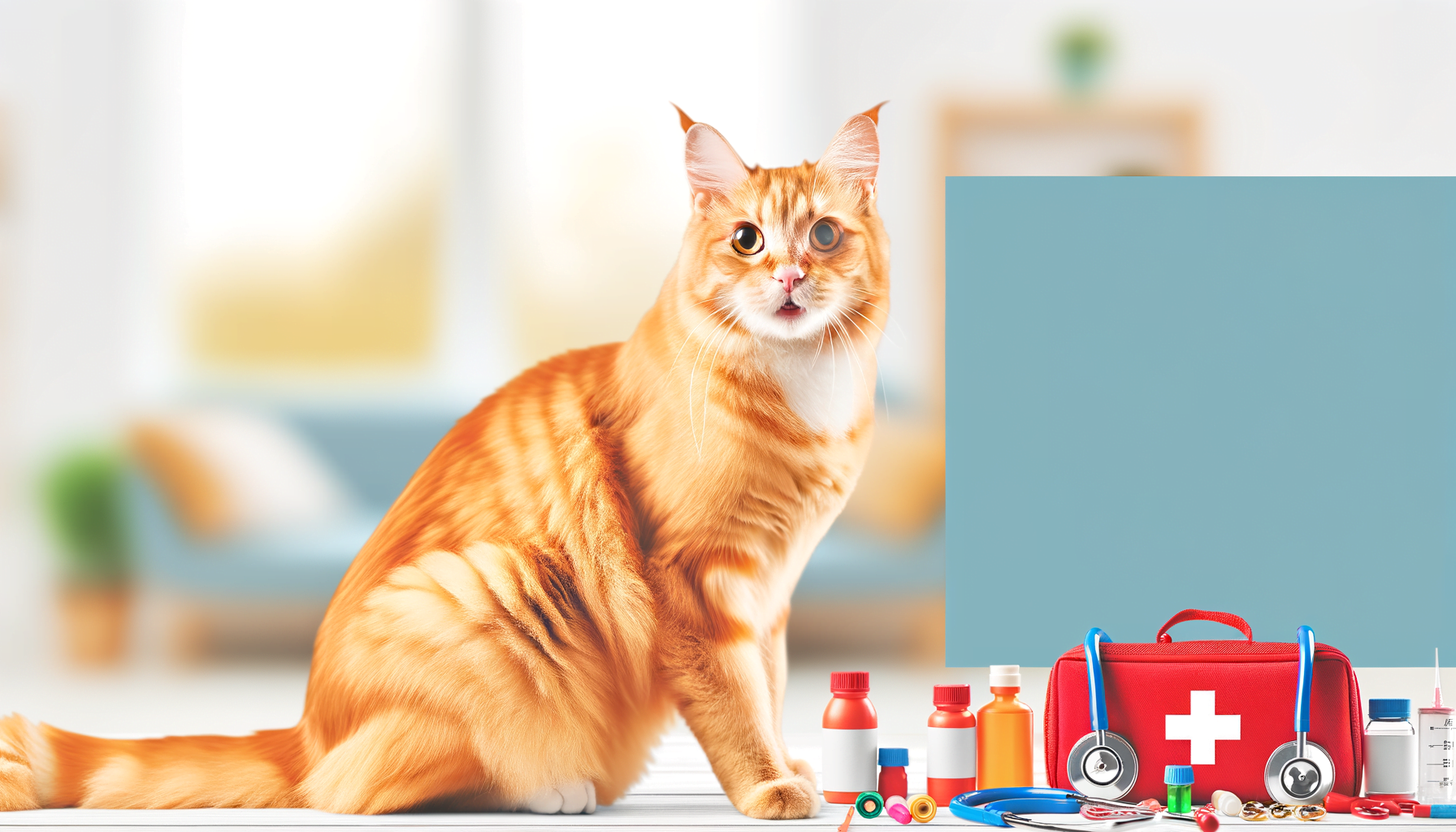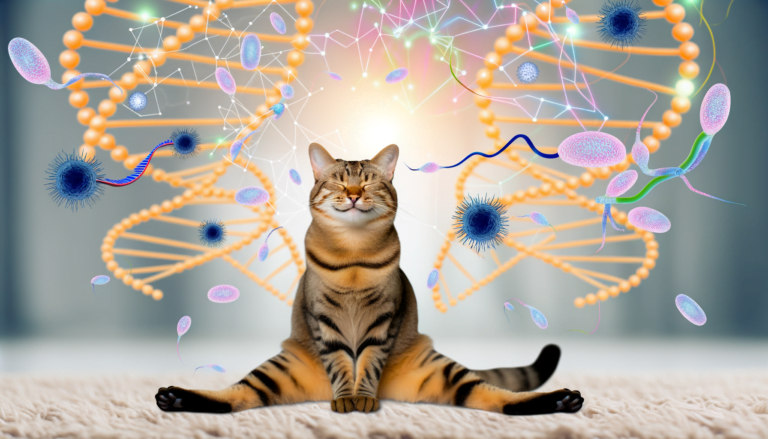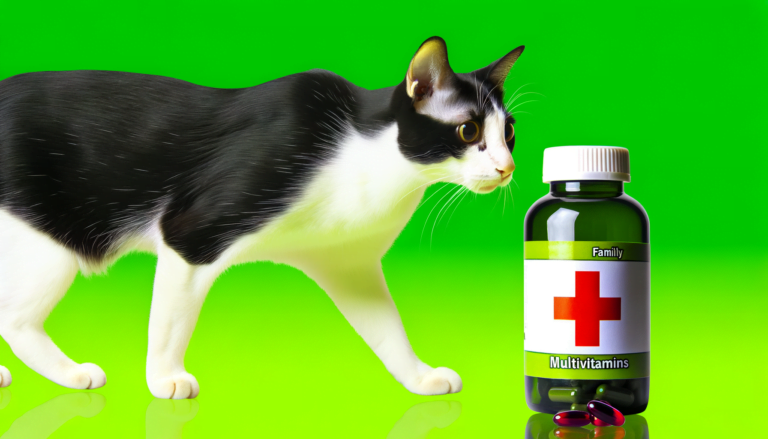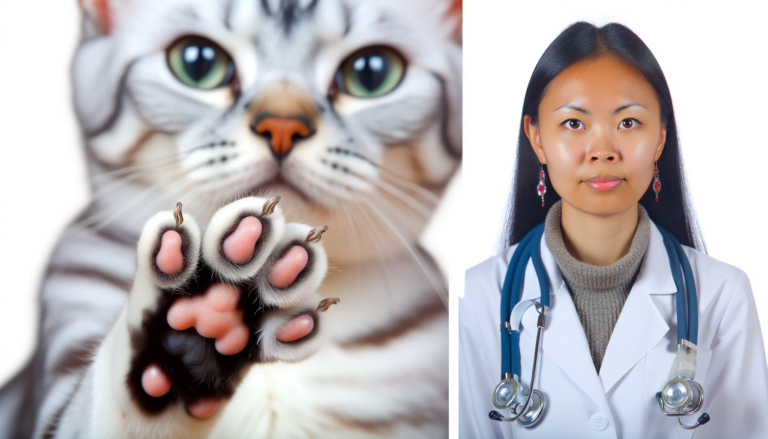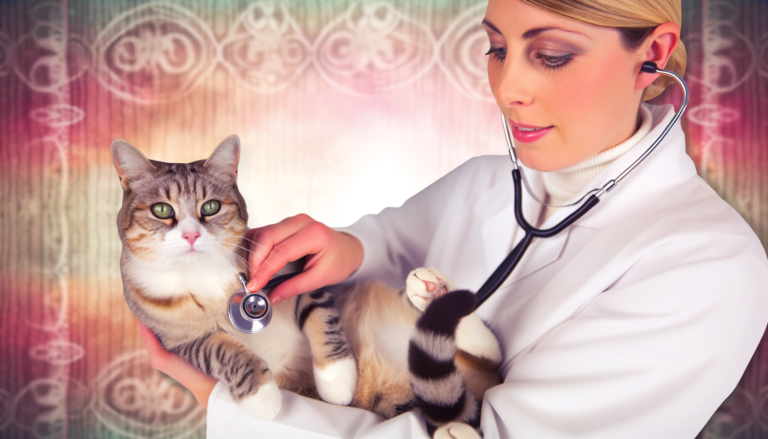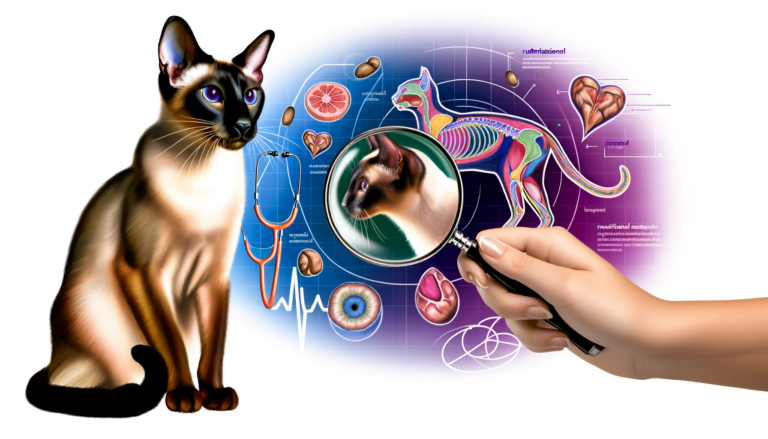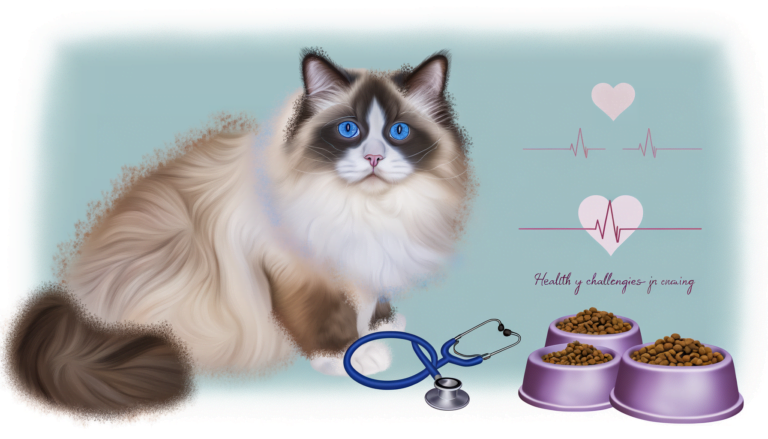Debunking Myths: Do Orange Cats Really Face More Health Problems?
Contrary to some beliefs, the color of a cat’s fur, including orange, doesn’t influence their overall health or predispose them to certain health conditions. The color of a cat’s coat is determined by their genetics, unrelated to their overall health. As long as they are given regular veterinary care, a balanced diet, and an enriching environment, orange cats can be just as healthy and live as long as cats of other colors. It’s essential to focus on every individual cat’s needs rather than making assumptions based on fur color.
Specific Health Concerns Related to Orange Cats
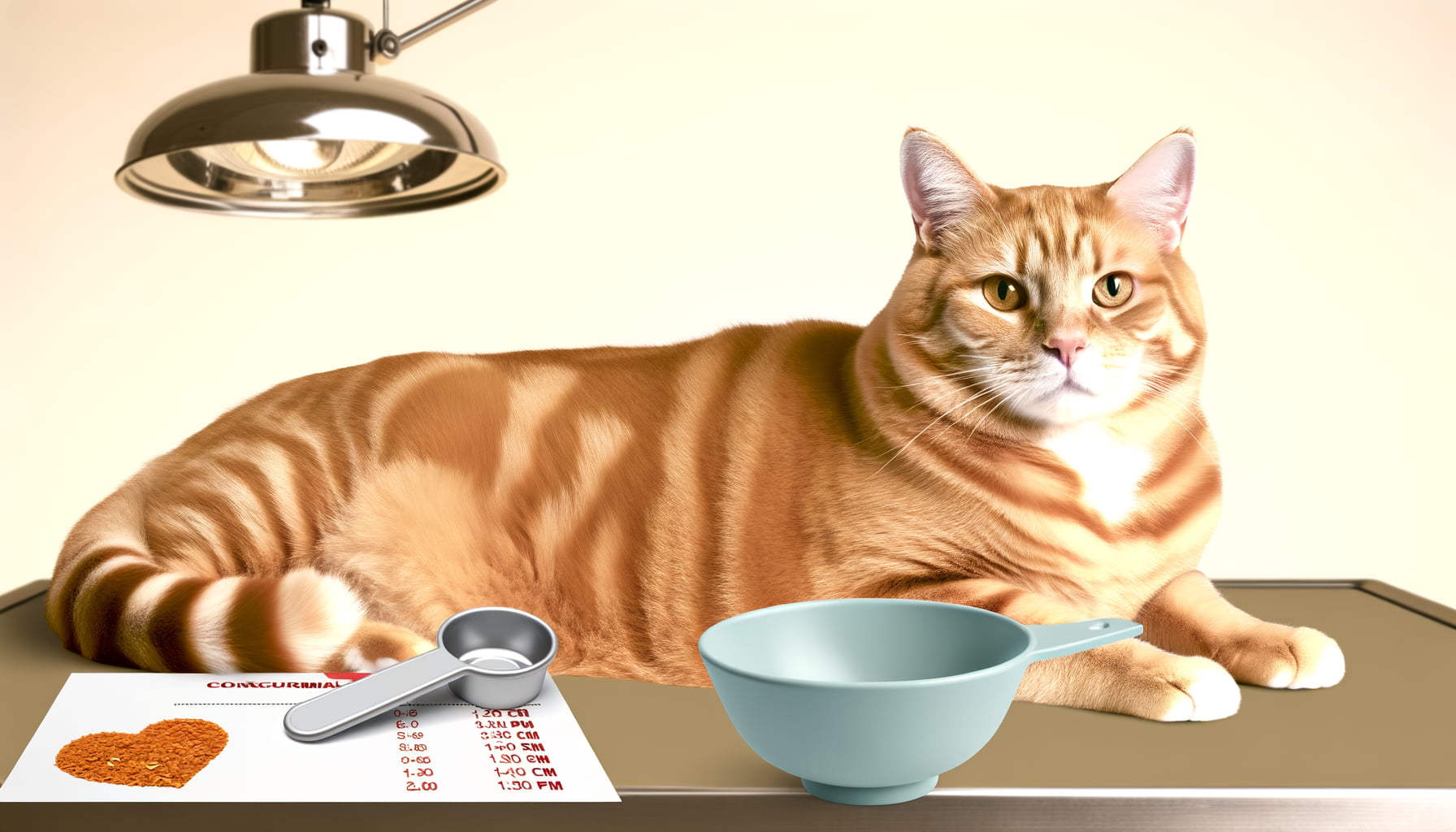
Despite the circulating myths, orange cats are not particularly prone to specific health concerns compared to other cats. The color of a cat’s fur, including brilliant orange, is not an accurate predictor of potential health complications. Instead, health conditions in felines are generally linked to their specific breeds or genetic factors.
However, studies show that orange male cats, due to a distinctive genetic trait, are more likely to develop a condition called Feline Lower Urinary Tract Disease (FLUTD), which can result in painful urination and other urinary issues. It’s important to note that this propensity is related to their sex and genetics, not their coat color.
When it comes to overall health, proper care and regular veterinary check-ups are crucial for all cats, regardless of their coat color. Attention should be paid to their diet, exercise, dental health, and preventive care. These practices are known to significantly reduce the risk of health problems and ensure a longer, healthier life for your feline friends.
Common Health Issues in Cats: Are Orange Cats More Susceptible?

It’s imperative to acknowledge that all cats, regardless of their color, are prone to certain common health issues. These can include obesity, dental problems, kidney diseases, and heart conditions. The perplexity of these conditions can range from minor to severe, creating a distinct level of burstiness in the profile of feline health.
However, many cat enthusiasts are curious whether the genetic trait for orange fur – present predominantly in toms – correlates with a heightened risk of health issues. Although color is genetically linked, there is no concrete evidence confirming that this color gene carries specific health vulnerabilities. The theory of orange cats being more likely to fall ill appears to stem from anecdotal observations rather than scientifically backed research.
Simply put, orange cats are not inherently more susceptible to health problems than their differently colored counterparts. While every feline is indeed at risk for certain diseases, the factors influencing these risks include age, diet, lifestyle and underlying genetic traits, more than fur color. Remember, providing consistent veterinary care, a balanced diet, and an engaging environment remain crucial in supporting the health of your cat, be it orange or otherwise.
Understanding the Genetics of Orange Cats
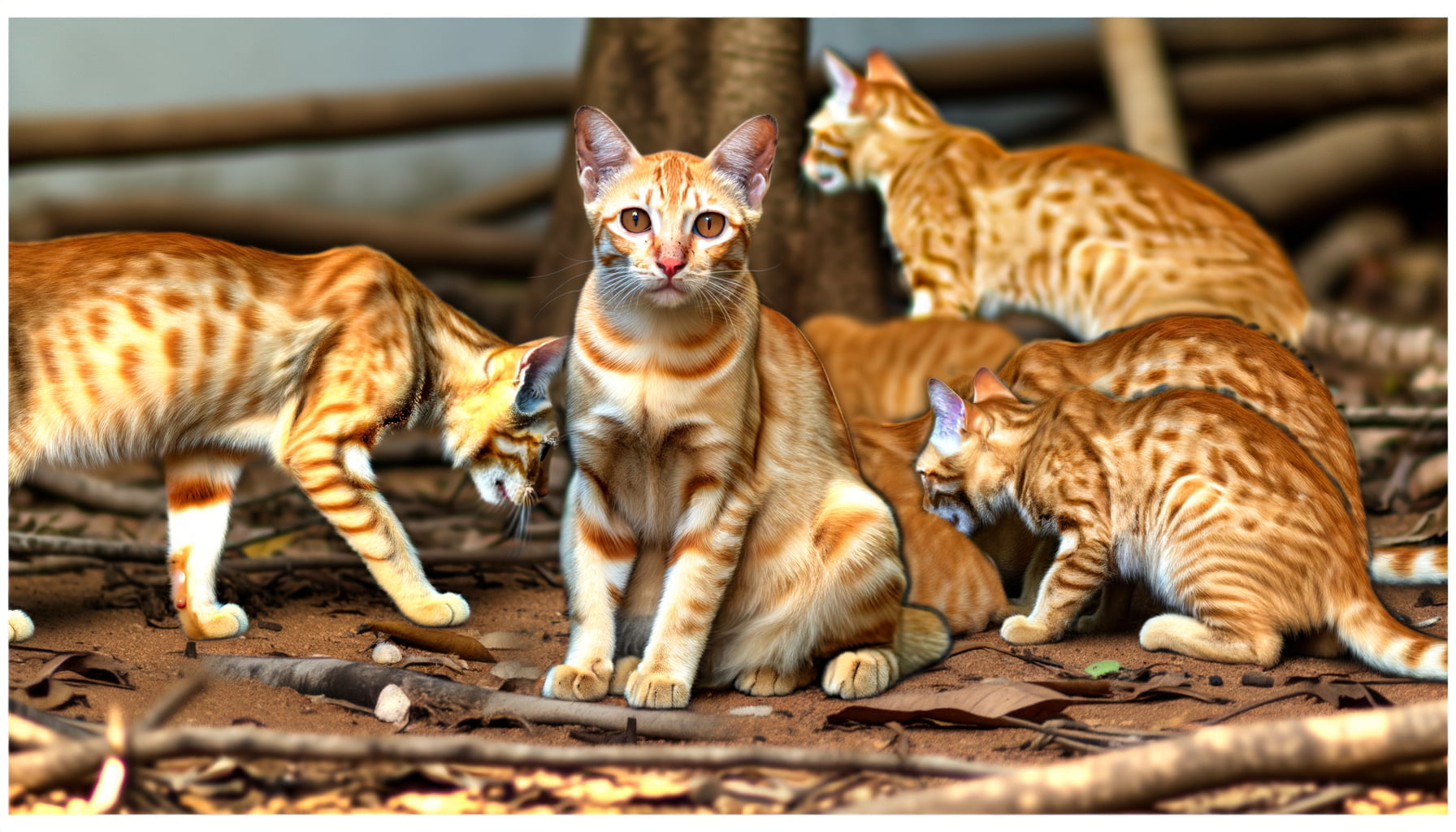
The color of a cat’s coat, such as the vibrant hue of an orange feline, is determined by its genetic makeup. Genetics in cats work on the same principles as in humans, with genes inherited from both parents. The gene responsible for the orange coloring in cats is on the X chromosome, and is dominant over other non-orange genes. This explains why most orange cats are males, as they have only one X chromosome and the orange gene doesn’t have to compete with a non-orange gene.
The gene O codes for the orange coloration, while o does not. Consequently, if a cat inherits the O gene, it’ll be orange regardless of the other genes it carries. The peculiarity lies in how genes from the parents are combined to form the offspring’s genetic code. Females, having two X chromosomes, can potentially carry two color-coded genes. Hence, they can be orange, non-orange, or sometimes a blend of the two, termed as a tortoiseshell cat.
What’s fascinating, however, is that the orange coloration in cats has no direct correlation with their health status. The genetics of coat color, while intriguing, play no significant role in predisposing orange cats to specific health conditions. The association between coat color and health issues is a myth that has been largely debunked by scientific research.
Comparing the Health Status of Orange Cats to Other Cat Breeds
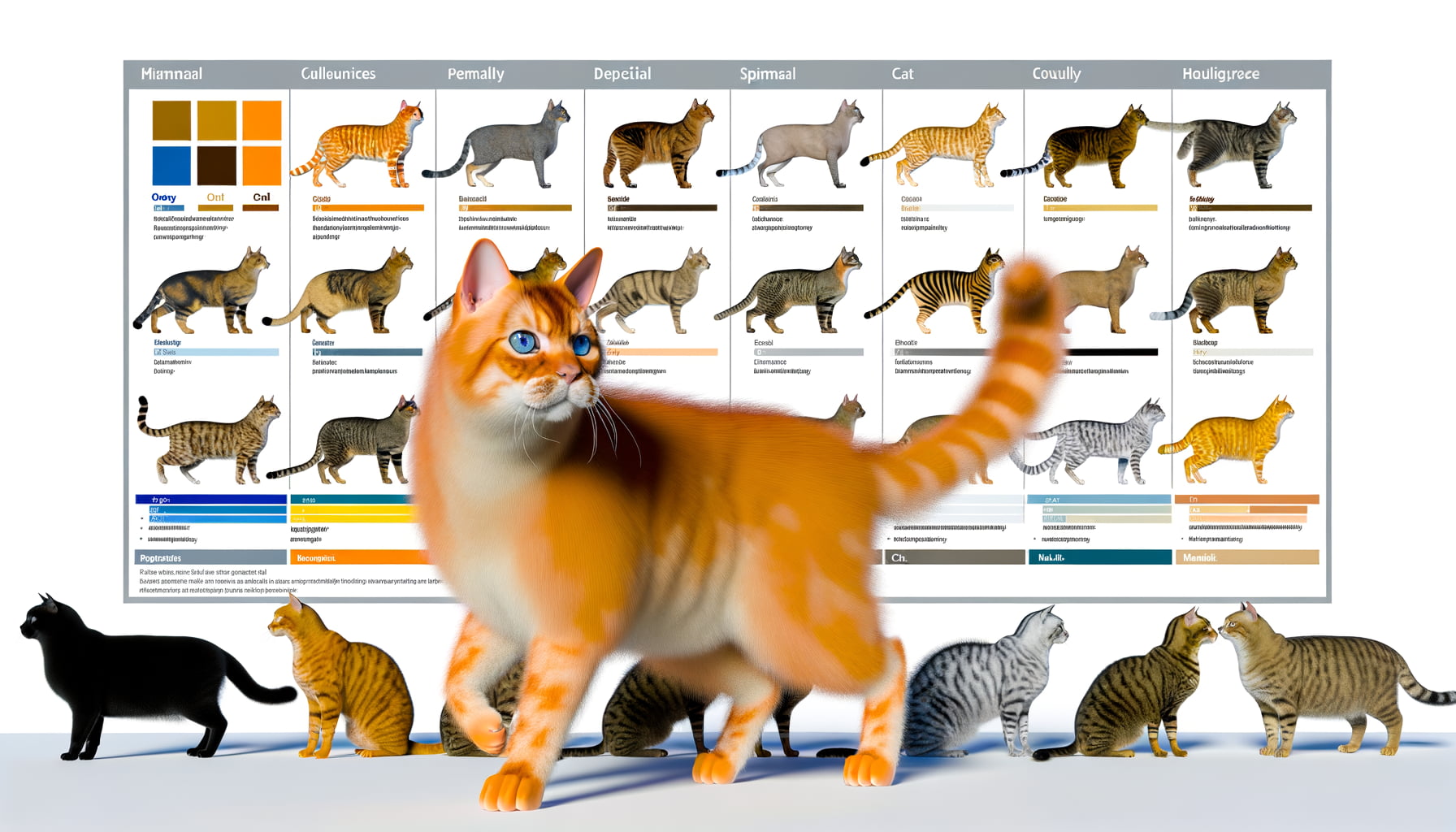
When we evaluate the health statuses of different cat breeds, we quickly realize not all felines are created equal. However, the notion that orange cats are at a higher risk for health problems than other cat breeds lacks concrete evidence and scientific backing. The health of a cat is much more correlated to factors such as genetics, diet, environmental exposure, and care, rather than its coat color.
Consider, for example, that Siamese cats are notorious for their predisposition to gastric issues and respiratory problems, while Maine Coons often wrestle with hip dysplasia. Yet, these health issues are breed-specific, not linked with the color of the cat’s fur. It’s an oversimplification to associate the color of a cat’s fur—whether orange, black, or white—with a propensity for disease or health issues.
Moreover, the notion of ‘orange cats’ itself is a broad term that overlooks the true genetic diversity within this category. Orange coloration is found in numerous breeds, from common domestics and American Bobtails to exotic Turkish Vans. Each breed has its own unique health profile, unrelated to coat color. To sum up, it’s vital to look past fur color and focus on other factors that more directly influence a cat’s health status.
Conclusion
After examining the various myths surrounding orange cats and their health, it is clear that there is no concrete evidence to suggest that they face more health problems compared to cats of other colors. While certain beliefs may persist, it is important to rely on facts and data when assessing the overall health of feline companions.
By debunking these misconceptions, we can ensure that orange cats are not unfairly stigmatized and receive the proper care and attention they deserve. Ultimately, providing a loving and supportive environment for all cats, regardless of their color, is essential for their well-being and happiness.
